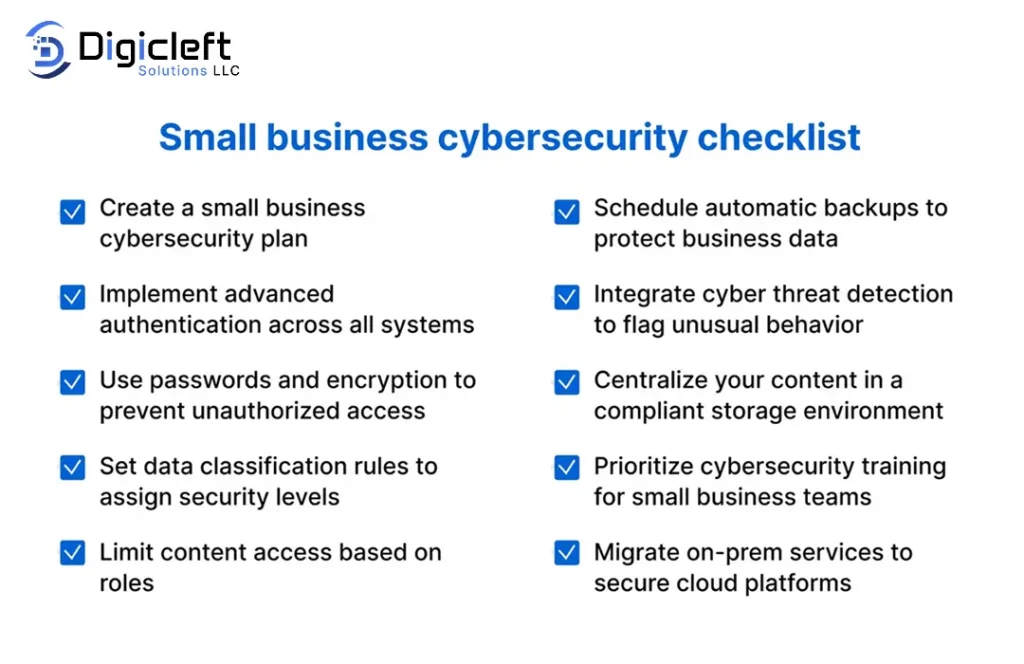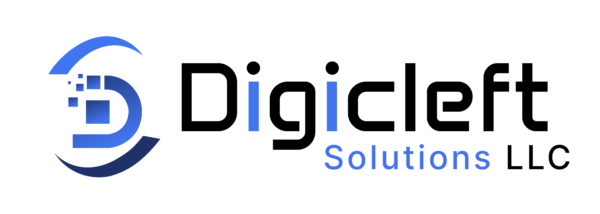
Utmost small business possessors suppose website security is commodity only big pots need to worry about. “Why would a hacker bother with my little bakery point?” That’s the mindset numerous entrepreneurs carry. But then’s the verity: cybercriminals love small businesses because they’re frequently easy targets. Weak watchwords, outdated plugins, and no backups? That’s like leaving the shop door wide open at night.
Let’s break down the myths, the real troubles, and practical way you can take moment to keep your business and your guests safe online.
The Hidden Pitfalls Small Biz Possessors Ignore
Numerous small biz possessors believe their websites aren’t worth playing. Big mistake. Hackers don’t always want your plutocrat directly they want your data, your client emails, your payment word, or indeed just your garçon to use in bigger attacks. It’s like leaving your Wi-Fi open maybe you suppose no bone cares, but the wrong person can commandeer it for shady business.
The Real Cost of a Website Breach
- Fiscal loss: Fixing addressed websites, paying forfeitures, and reimbursing guests can bring thousands.
- Character damage: Guests won’t trust you again if their data gets blurted.
- Time-out: Indeed one day offline can mean misplaced deals and missed openings.
Think of your website like your physical store. If someone smashes the windows, you don’t just lose glass .you lose business.

Common Website Security Miscalculations
- Weak watchwords (e.g., “admin123”)
- Outdated plugins/themes
- No SSL instrument
- Ignoring backups
Cyber Threats Every Small Business Should Know
- Malware & ransomware: Vicious law locks you out until you pay.
- Phishing: Fake emails tricking your workers into giving access.
- SQL injections & brute-force attacks: Hackers sneaking in through vulnerable law.
- DDoS attacks: Overfilling your point until it crashes.
Signs Your Website Might Be Compromised
- Strange redirects to shady spots
- Sluggish website performance
- Suspicious logins in your admin panel
- Warnings or blacklisting by Google

Practical Way to Strengthen Security
- Use strong, unique watchwords + two-factor authentication
- Keep CMS, plugins, and themes streamlined
- Install a firewall and monitoring tool
- Back up regularly and store clones offsite
The Role of SSL Instruments
An SSL instrument is n’t just a padlock icon. It encrypts client data, builds trust, and indeed boosts your Google ranking.
Why Backups Are Your Lifeline
- Homemade backups: Good for control, but easy to forget.
- Automated backups: Set it and forget it.
- Pall-grounded backups: Accessible indeed if your garçon is toast.
Stylish practice? Have multiple backups stored in different locales.
Educating Your Platoon
- Avoid clicking sketchy dispatch links
- Use secure login practices
- Report anything suspicious incontinently
Professional Help: When to Call Experts
Occasionally DIY isn’t enough. Just like you’d call an electrician for wiring issues, call cybersecurity experts for serious pitfalls. Companies like digicleft result specialize in helping small businesses secure websites, examiner pitfalls, and recover snappily after incidents.
Affordable Security Tools for Small Biz
- Free tools: Let’s Encrypt (SSL), Wordfence (introductory firewall), Malware scanners.
- Paid tools: Premium firewalls, managed security, advanced backups.
Future of Website Security for Small Businesses
- AI-driven monitoring to spot pitfalls before they be
- Automated updates to patch vulnerabilities
- Stronger encryption norms
Case Studies & Real-Life Assignments
A original bakery lost their entire website (and online orders) due to ransomware. Without backups, they had to rebuild from scrape.
A exchange apparel store got blacklisted by Google because malware diverted guests. Deals collapsed until they hired experts to clean it up.
Moral? It’s not about “if” but “when.”
Conclusion
Website security isn’t just an IT problem it’s a business survival problem. Small biz possessors can no longer go to ignore it. From strong watchwords and SSL to backups and expert help like digicleft result, securing your point is about guarding your livelihood.
FAQs
1. Do small businesses really need website security?
Absolutely. Hackers target small businesses more because they’re usually unprotected.
2. What is the easiest way to secure a small business website?
Start with strong passwords, SSL, backups, and a firewall.
3. How much does website security cost?
It ranges from free basic tools to affordable managed services depending on your needs.
4. Can free tools protect my site?
Yes, they help, but paid tools usually offer stronger, more reliable protection.
5. How does website security affect SEO?
A secure site (with SSL, no malware) ranks higher and avoids blacklisting by Google.


